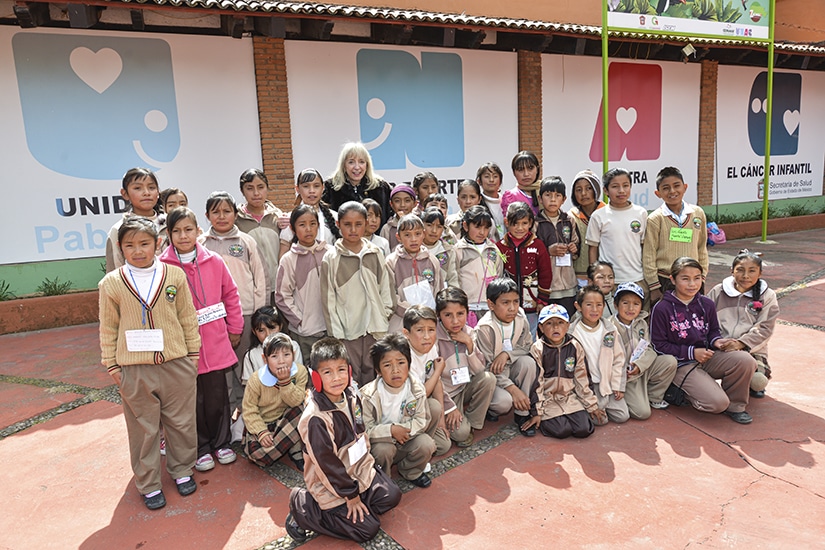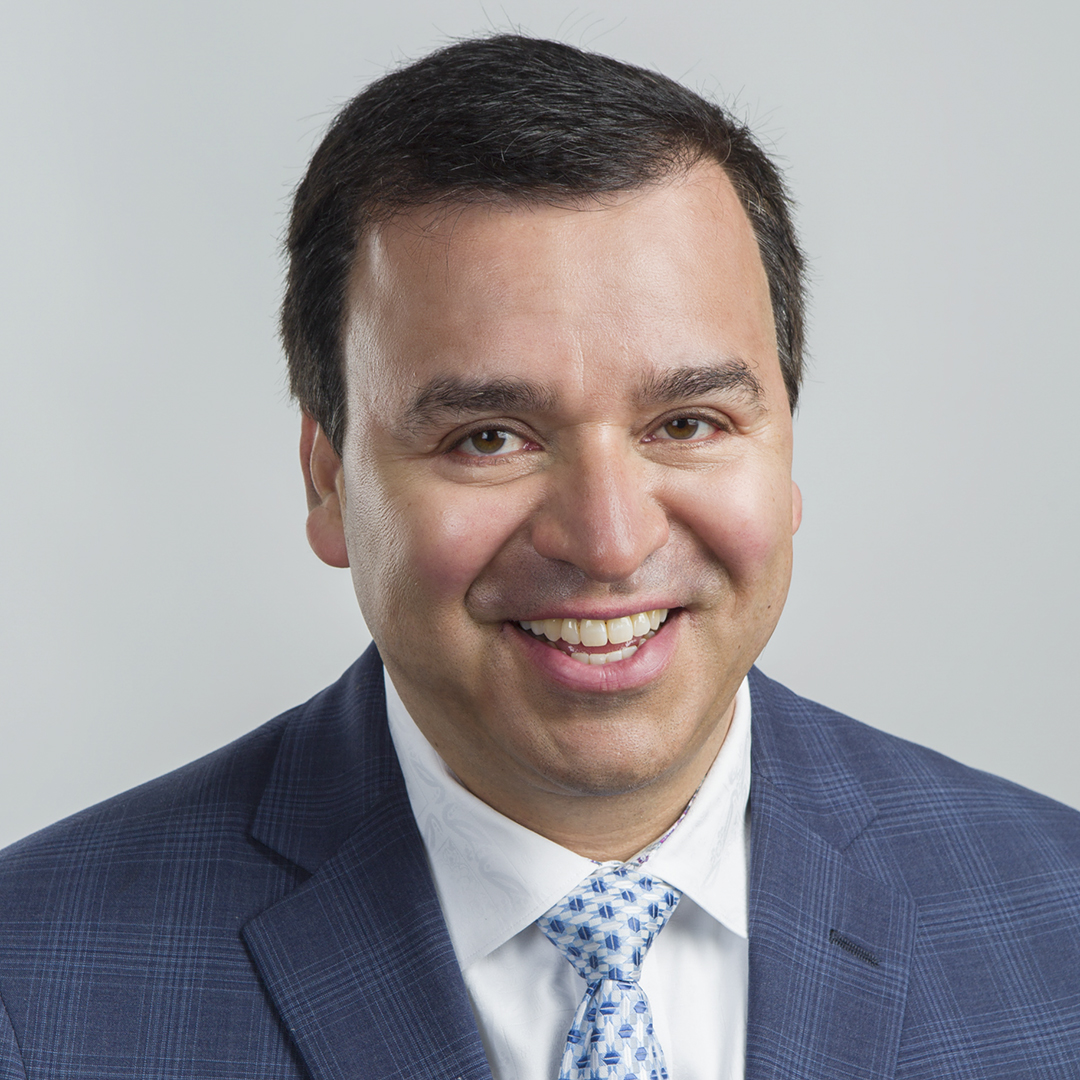|
Getting your Trinity Audio player ready...
|
While a high school student in Switzerland, Florencia Garza would gaze longingly at the Nestlé headquarters from her room. “I had this very odd, sort of childlike dream,” she explains. “I saw the company from my balcony, and I thought, ‘One day I want to work there.’”
Over her career, Garza has acted as both an in-house and outside counsel at companies around the globe—including Nestlé. One of her earliest roles was as international legal corporate counsel at CEMEX. Though the company is based in her native Monterrey, Mexico, Garza traveled the globe doing mergers and acquisitions. She describes a connection to home with access to the world as “the key to what my career has looked like.”
Today, Garza is regional general counsel for Latin America at the Swedish beauty company Oriflame, where she’s responsible for all legal matters for the Latin American region, including litigation, labor matters, corporate matters, and finance. It’s a variety she enjoys.
“I had always been more on the corporate side of things and a transactional lawyer, which I love. But this was a more complete role as a general counsel,” Garza says. “It’s very fulfilling for me. I’ve grown a lot over the year that I spent at Oriflame. I’m getting to know a very different business.”

Learning about the direct-sales cosmetics business—as well as the business partners in her region—has been one of Garza’s biggest undertakings. She has been traveling throughout Latin America to get to know her colleagues, understand the needs specific to each country, and open up communication to facilitate better problem-solving.
“Legal is seen as a last resort [in a lot of organizations]—and sometimes also a bump along the road that you just need to address. It’s not really a part of who you work with on a daily basis, and for me, that’s what creates problems,” Garza explains. “When you’re an active participant in the different business areas, you actually get to drive the car with the people, get to know what their needs are, and preempt any problems that might arise in the future.”
“When you’re an active participant in the different business areas, you actually get to drive the car with the people, get to know what their needs are, and preempt any problems that might arise in the future.”
Since arriving at Oriflame, Garza, who also holds a joint master’s degree from Northwestern’s Law School and Kellogg School of Management, has tried to shift the perception of the legal team from roadblock to business partner, driving toward the same goals as the business areas. The two things she finds most important are common sense—“The least common of all the senses,” she says—and being practical.
“Lawyers tend to overanalyze things and give very complex solutions and answers, and that’s not really what the business is looking for,” Garza explains. “We need to simplify solutions and give some perspectives for the business to analyze and make the best choice for where they want to go.”
Another Oriflame corporate initiative has been implementing an automatic, cloud-based system to track all purchases, from requisition to contract to payment, which will help the company better manage finances. “We have visibility now to see the different spend at the company and also make people accountable for what they are buying,” explains Garza, who is part of the team driving the project. “It’s been challenging, but it’s also going to be very fruitful in what type of objectives we’re able to accomplish.”

Outside of work, Garza is involved in philanthropy, serving as secretary of the board for Unidos por el Arte contra el Cáncer Infantil, or United for Art Against Childhood Cancer (UNAC), which was founded by her mother. It focuses on leukemia, a leading cause of childhood death in Mexico, where public and private support for the disease is scarce.
UNAC focuses on two main areas: providing bone-marrow transplants and prevention initiatives. They fund ten to twelve transplants a year and the costs associated with them. One patient they helped, whose case was thought to be terminal at twelve, is now twenty-two years old, attending college, and running her own business. “This girl has really grown with us because she was one of the first kids that we helped,” Garza says.
For prevention, UNAC sets up “health pavilions” in public parks, where they provide games and activities to educate children and their parents. “When you actually get to know what your symptoms might be, and get the illness diagnosed in its early stages, there are things that you can do—you don’t need to get to the final stages whereby the only option is a transplant,” she says.
Even with her international accomplishments, Garza says her work with UNAC has been the most rewarding experience of her life. “When you see the difference that you can make, even in one child, that is just the best reaction you can have,” she says. “I think that’s why we are here—to help others be better and take care of their needs.”

